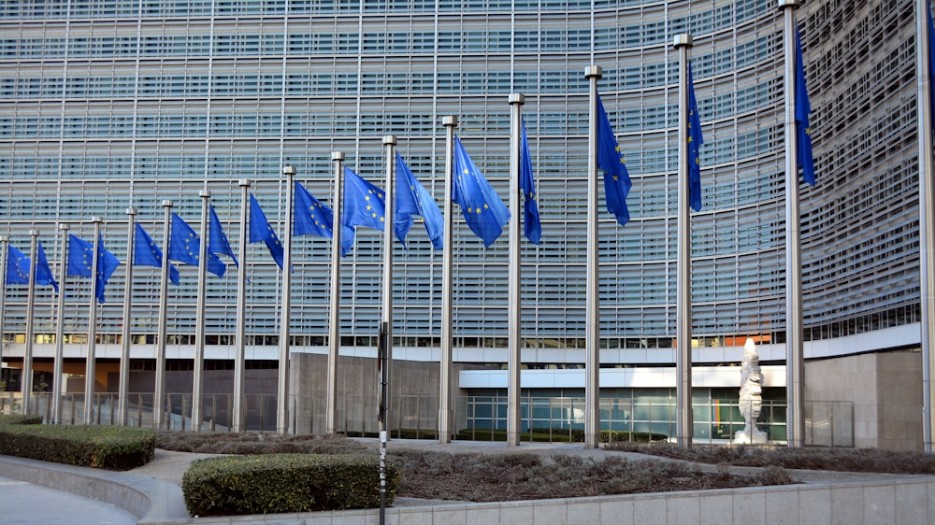
European Central Bank (ECB) President Christine Lagarde signaled a potential interest rate cut in the near future, offering a lifeline to struggling Eurozone economies. However, her message underscored the ECB’s delicate balancing act – fostering growth while containing inflation.
Lagarde’s remarks come amidst immense economic vulnerability in the European Union. The continent reels from the pandemic’s aftershocks, compounded by the Ukraine war disrupting supply chains and inflating energy prices. Germany, the EU’s powerhouse, faces a potential recession with revised downward GDP forecasts.
Acknowledging the fragile Eurozone, Lagarde highlighted how a rate cut could bolster businesses and consumers, encouraging investment and spending. Lower interest rates make borrowing cheaper, incentivizing businesses to invest and households to spend more, potentially stimulating economic growth.
However, the ECB emphasized caution. Inflation within the Eurozone has eased slightly from earlier highs but remains significantly above the ECB’s 2% target. A premature rate cut could reignite inflation, especially if the recent “relatively moderate” oil price response proves temporary.
The recent Iranian air strike on Israel and the potential for a wider Middle Eastern conflict raise serious concerns about renewed oil price hikes. The ECB closely monitors the situation, aware that a significant disruption in oil supplies could send energy prices skyrocketing again.
A renewed oil price surge would significantly impede the fight against inflation. The Governing Council will closely monitor the situation and adjust its policy stance if necessary.
The ECB’s decision to cut rates will likely be contentious. Some member states, with lower inflation rates, advocate for a more aggressive easing of monetary policy. Others are concerned about inflation risks and favor a wait-and-see approach.
Lagarde’s comments suggest the ECB is leaning towards a measured rate cut, aiming to balance stimulating growth with containing inflation. However, the path forward remains uncertain, contingent on the response of fragile Eurozone economies and the ever-evolving geopolitical landscape, particularly in the Middle East.
